YCL West of England: “Oppose the Colston Statue prosecutions!”

The West of England Branch of the Young Communist League has released a statement condemning prosecutions over the alleged toppling of the statue of a slave trader in Bristol during Black Lives Matter protests in the summer of 2020.
Meeting and new book celebrate the political life and times of Claudia Jones
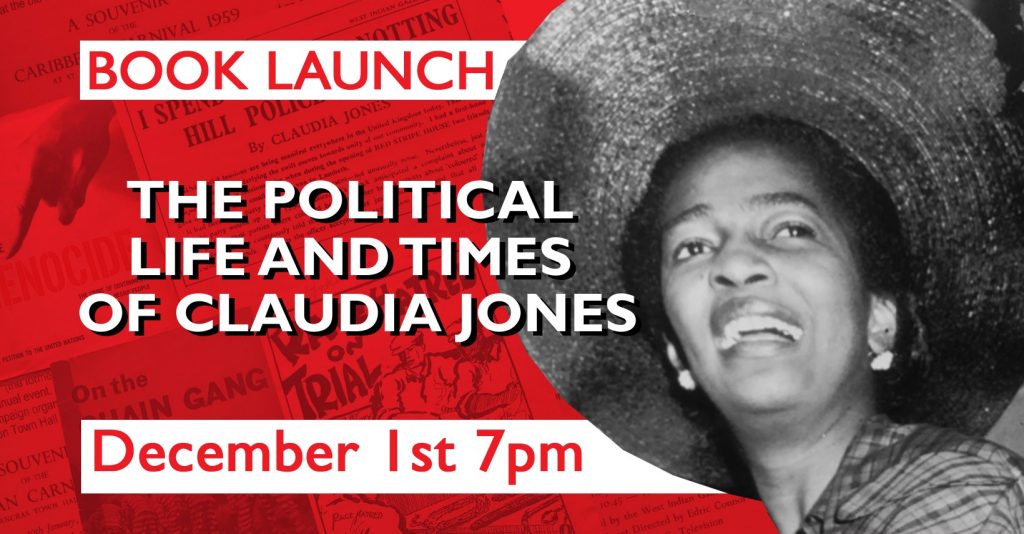
A public meeting is being held tonight, 1 December 2020, to launch a new Communist Party publication, charting the remarkable life and times of Claudia Jones, hosted by the CP Anti Racist, Anti Fascist Commission.
CP on Corbyn suspension: “a baseless attack on longstanding fighter against all forms of racism, including anti-Semitism”

The Communist Party has issued a statement condemning yesterday’s suspension of Jeremy Corbyn by the Labour Party.
The suspension of Jeremy Corbyn from the Labour Party on the flimsiest of pretexts is not only a baseless attack on a longstanding fighter in words and deeds against all forms of racism, including anti-Semitism.
Cable Street is a powerful example
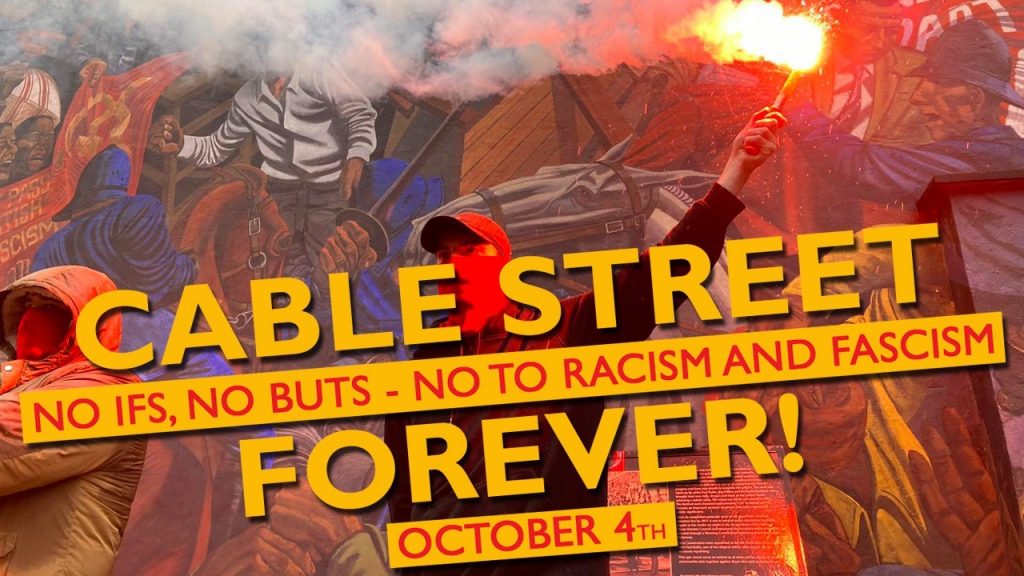
Last weekend (3/4 October 2020), young communists conducted home to home leafleting on estates in Cable Street scene of a famous battle against fascism in 1936. The three day campaign included a street stall, giant projection of a film on the Battle and postering, with a banner display on the Sunday.
Claudia Jones and the emancipatory promise of socialism
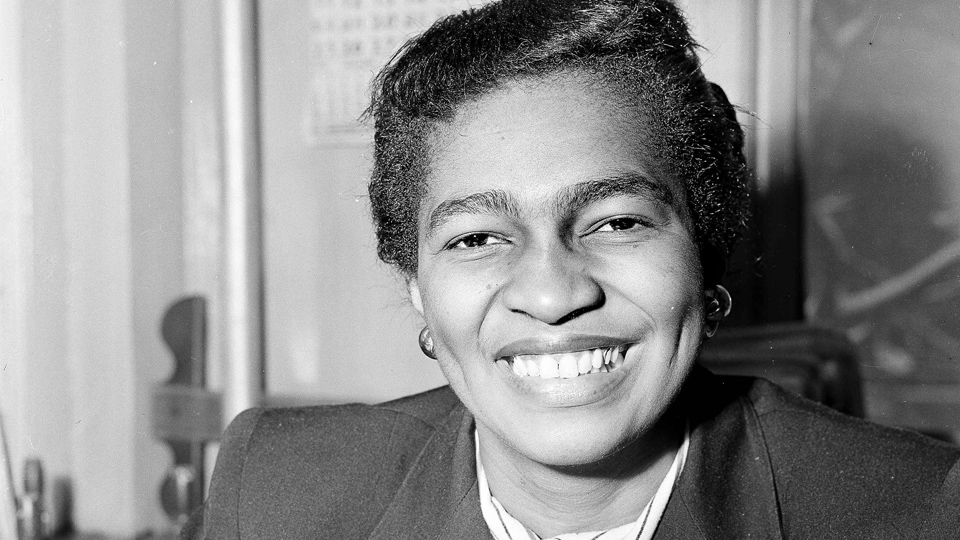
Denise Lynn explores the life, work and revolutionary contribution of, now legendary member of the Communist Parties of the USA and Britain, Claudia Jones.
The Battle of Cable Street — why it’s still relevant to young people today
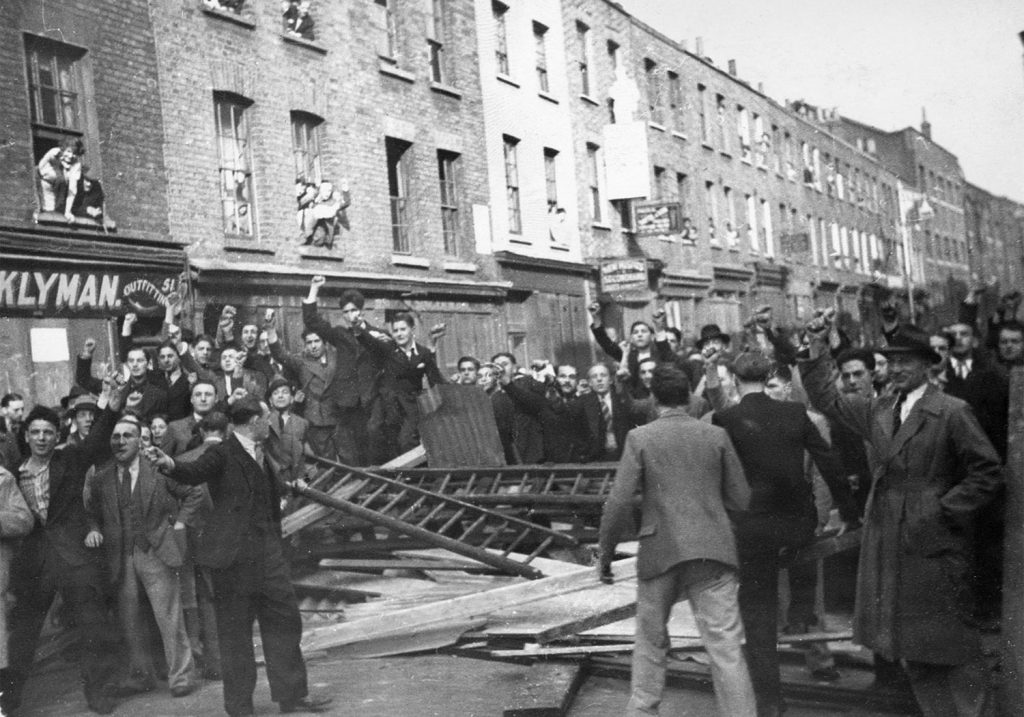
As we approach the 84th Anniversary of the legendary Battle of Cable Street on 4 October, Joe Weaver discusses its historical importance and living legacy.
Remembering Ruth First
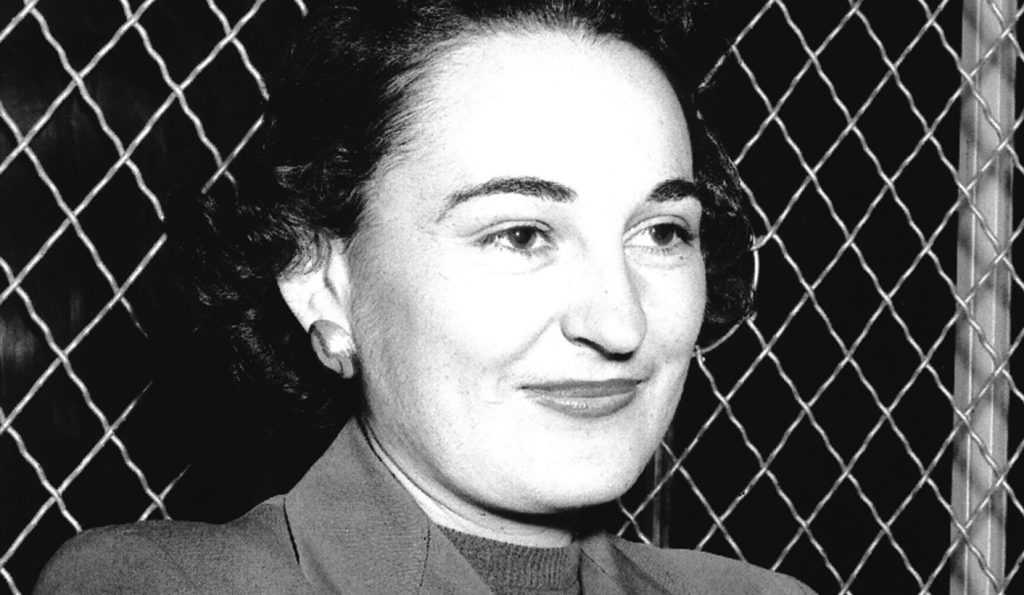
Today marks the 38th anniversary of the assassination of Comrade Ruth First, South African communist and anti-apartheid fighter by security forces. Here we reproduce a short biography of her life and contribution to the struggle.
Getting serious about fighting racism
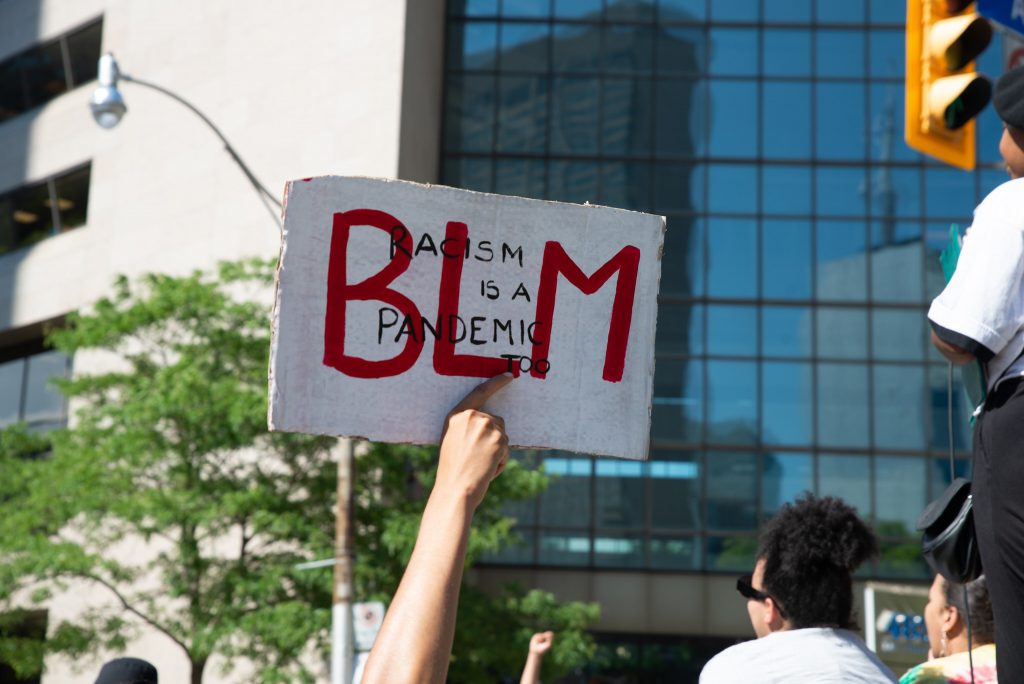
If we are serious about fighting racism we must engage with people, not get them sacked – it does not do, in a society in which the balance of power rests overwhelmingly with the employer, to become dependent on the class power of the boss, argues Nick Wright.
Poetry Corner: ‘Du Ydwyf, ond Prydferth’/‘Black am I, but Beautiful’ by TE Nicholas/’Niclas y Glais’
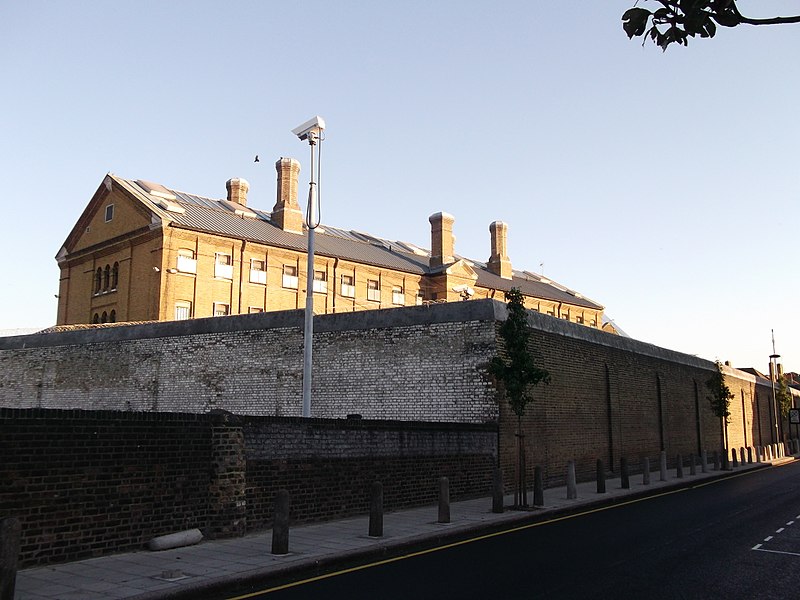
‘Du Ydwyf, ond Prydferth’ (Negro a fu’n cydweithio â ni am wythnos yn y carchar) ‘Niclas y Glais’ (1879-1971)
‘Black am I, but Beautiful’ (A Negro who worked with us in prison for a week) by TE Nicholas (1879-1971).
TE Nicholas ‘Niclas y Glais’, congregational minister, pacifist, champion of the disadvantaged, initially a member of the Independent Labour Party and then a founder member of the Communist Party, remaining in it till his death. Niclas was an internationalist who loved the Welsh language and the culture of the Welsh people. Writing almost entirely in Welsh, he won 17 eisteddfod chairs. In July 1940, during the Second World War, he and his son Islwyn were arrested on trumped-up charges of fascism during his 4-month imprisonment in Brixton, he wrote 150 sonnets, from which the following are selected. aWe present here the original Welsh and the English translation of his work side by side; the latter of course cannot capture the full expression of the former.
Marxism and intersectionality
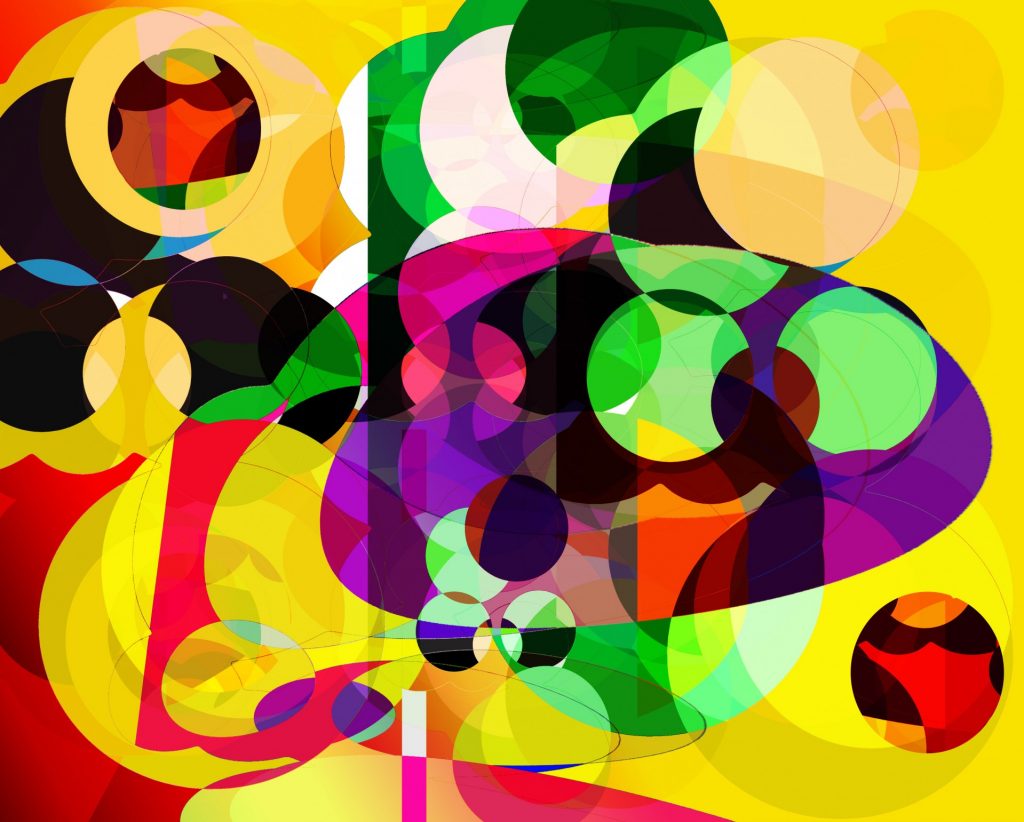
Ben Lunn provides a Marxist critique of intersectionality and discusses an understanding of oppression and discrimination based on a class perspective


